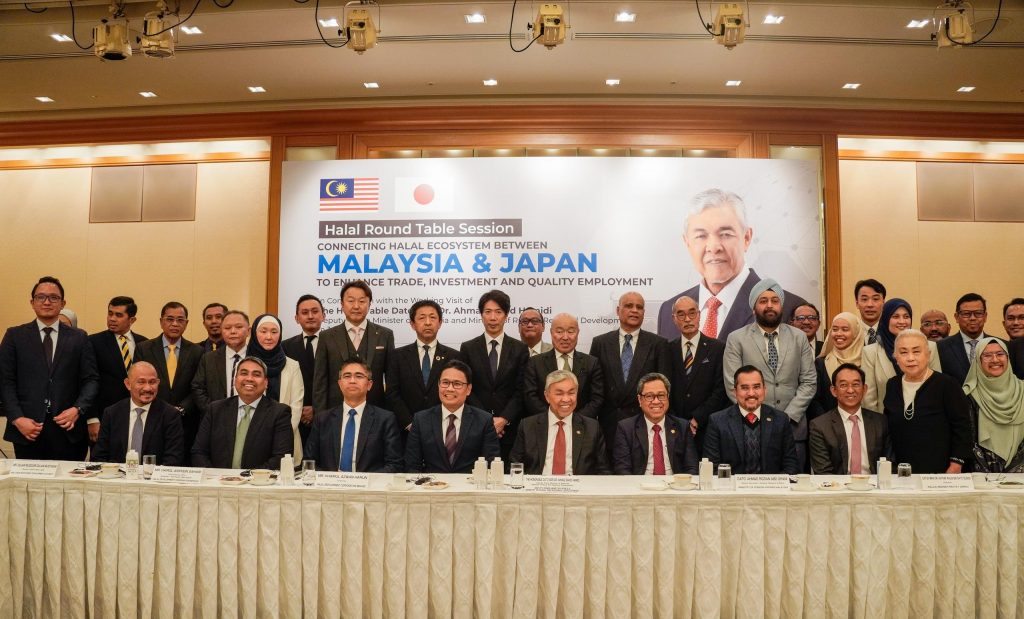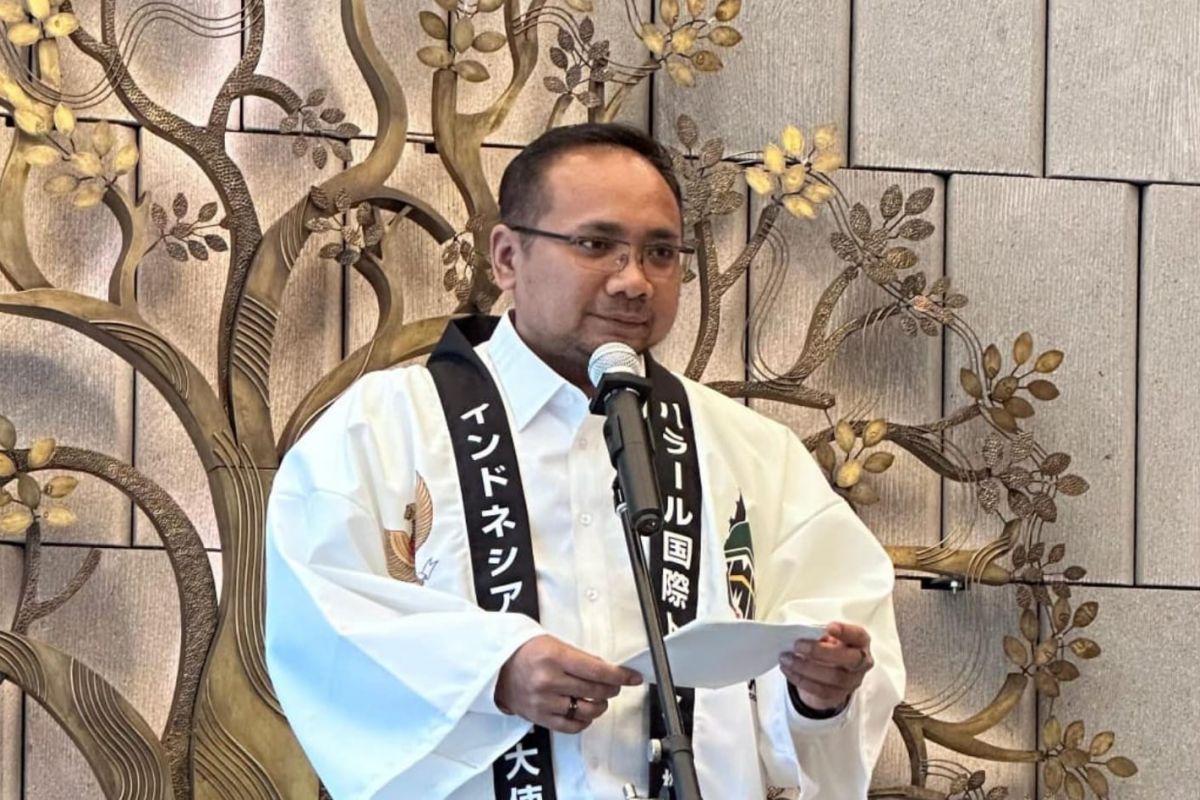 TOKYO, Bernama — The Halal Industry Development Corporation’s (HDC) expansion plans in Japan revolve around the newly-launched Muslim-Friendly Standards, where an additional 1,000 premises in Japan are expected to be certified Muslim-Friendly by year-end from 500 currently.
TOKYO, Bernama — The Halal Industry Development Corporation’s (HDC) expansion plans in Japan revolve around the newly-launched Muslim-Friendly Standards, where an additional 1,000 premises in Japan are expected to be certified Muslim-Friendly by year-end from 500 currently.
Chairman Datuk Mahmud Abbas said this will create demand for Malaysian halal products in Japan, while Malaysian talents could play a part in the growth of the segment.
“HDC’s facilitation towards Muslim-Friendly Standards will be highly prioritised at popular tourist destinations in Japan, and (particularly) those with a significant number of travellers like Tokyo, Osaka, Kyoto, and Sapporo.
“This is due to the increasing number of Muslim tourists to the areas, corresponding to a growth in demand for Muslim-friendly food.
“This ecosystem serves as an enabler to HDC’s proprietary solutions for the halal industry, which consist of talent development, consulting and advisory services, investments towards Malaysia’s Halal Parks, and the newly-built Halal Integrated Platform,” he said in an interview with Malaysian journalists here today.
Mahmud said talent development in Japan is focused on Malaysians in Japan who wish to build a career in the country.
Their fluency of the language and understanding of the Japanese culture, coupled with their Malaysian background, gives them an edge to chart their careers within the halal industry as auditors, and ultimately move up the ranks of Chief Halal Officer in the future, he added.
HDC’s role, Mahmud said, will be to incubate, train, and onboard these talents onto the ecosystem, spearheading efforts to establish a professional career path within the industry.
“This dovetails smoothly into the delivery of HDC’s consulting and advisory services, which facilitates processes, key operations and business development through its expertise and deep industry knowledge.
“HDC’s recommendations include auditing of processes, optimisation of suppliers and value chain, as well as the development of diverse revenue channels through HDC’s powerful affiliate network,” he said.
For international companies looking to expand their manufacturing operations in Malaysia, he said HDC’s investment team serves as an enabler to attract businesses towards Malaysia’s Halal Parks.
Synergies between consulting and advisory services, he emphasised could be generated through the investment vertical of HDC’s services, where HDC offers its end-to-end facilitation of foreign direct investment, particularly in the halal manufacturing segment.
He said tying it all together is HDC’s proprietary Halal Integrated Platform, where all onboarded businesses (such as Muslim-Friendly enterprises in Japan), talent, and suppliers come together in a consolidated environment, highly focused on trade and e-commerce.
As such an environment does not yet exist in the world, Mahmud asserted that HDC’s value proposition to the industry is tremendous.
He said the Halal Integrated Platform, to be unveiled and launched on April 1 this year during the World Halal Conference, which Kuala Lumpur is hosting, is meant to solve commercial issues, especially in the segment of halal raw ingredients and semi-processed food, which are in high global demand, yet challenging to find.
“The platform extends even further where talent scouting and deployment, and eventually logistics and financing, can be done through one unified solution’ he said.
He said as the custodian of Malaysia’s Halal Economy, HDC’s mandate is to onboard businesses onto the global halal ecosystem and serves to create opportunities for Malaysian businesses through its activities.
“These strategic collaborations with Japan set the foundation for the establishment of a halal superpower on a global scale,” Mahmud said. — Bernama



